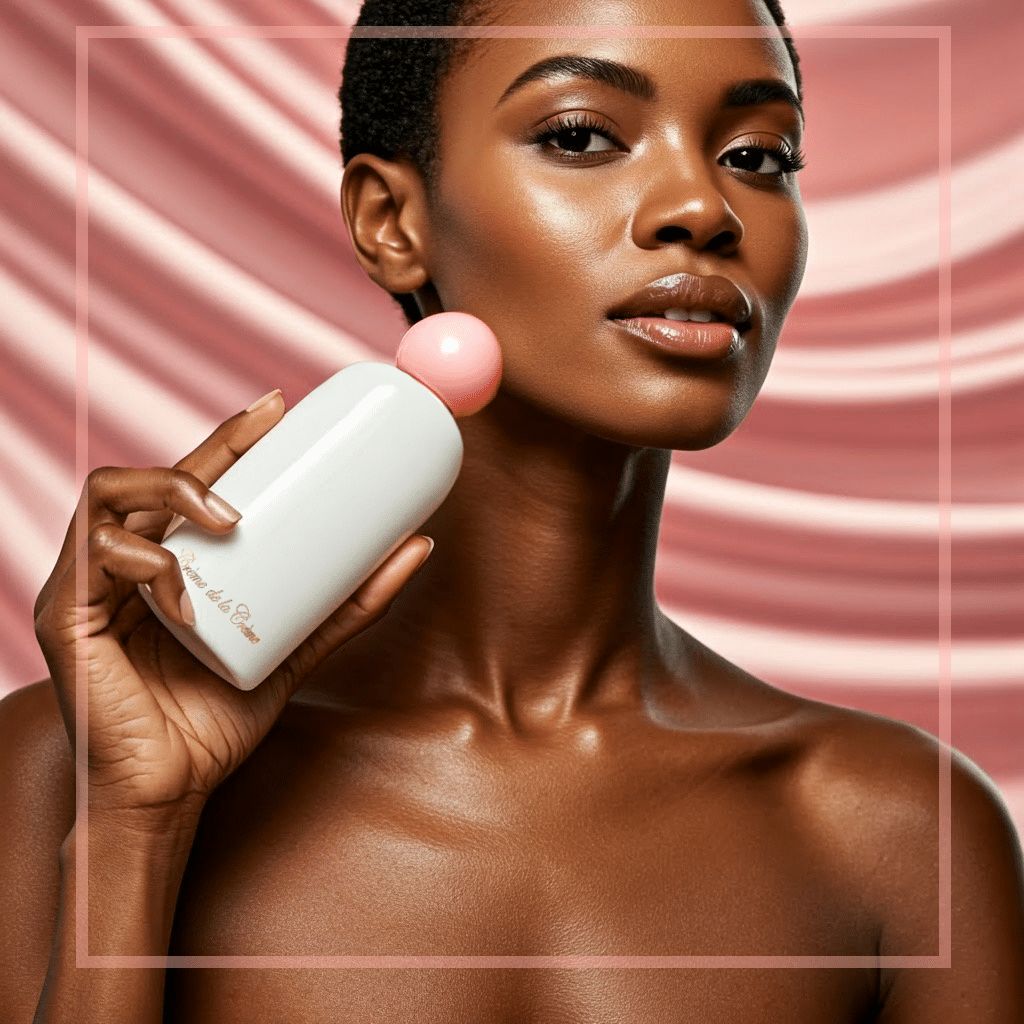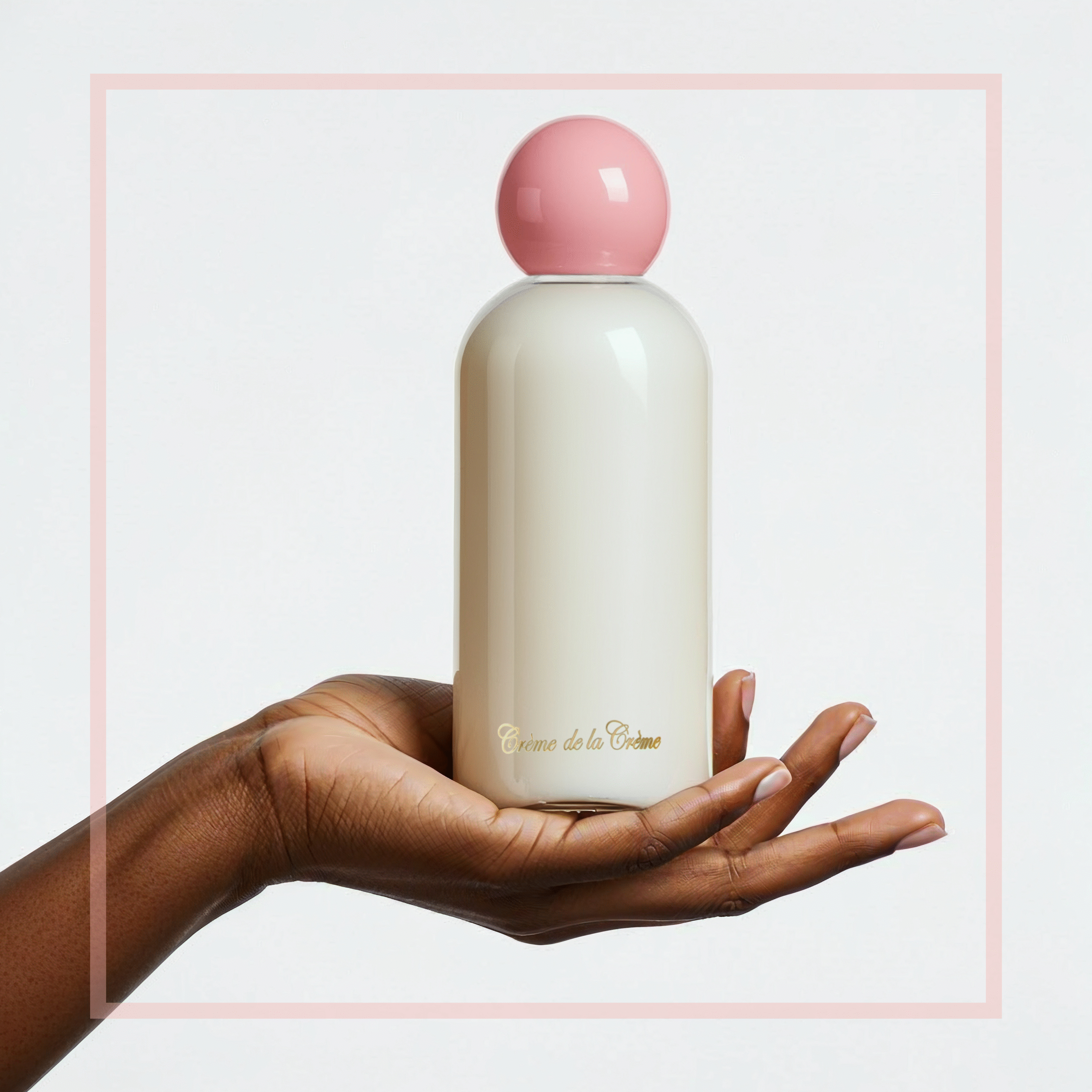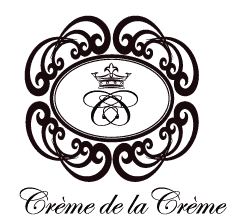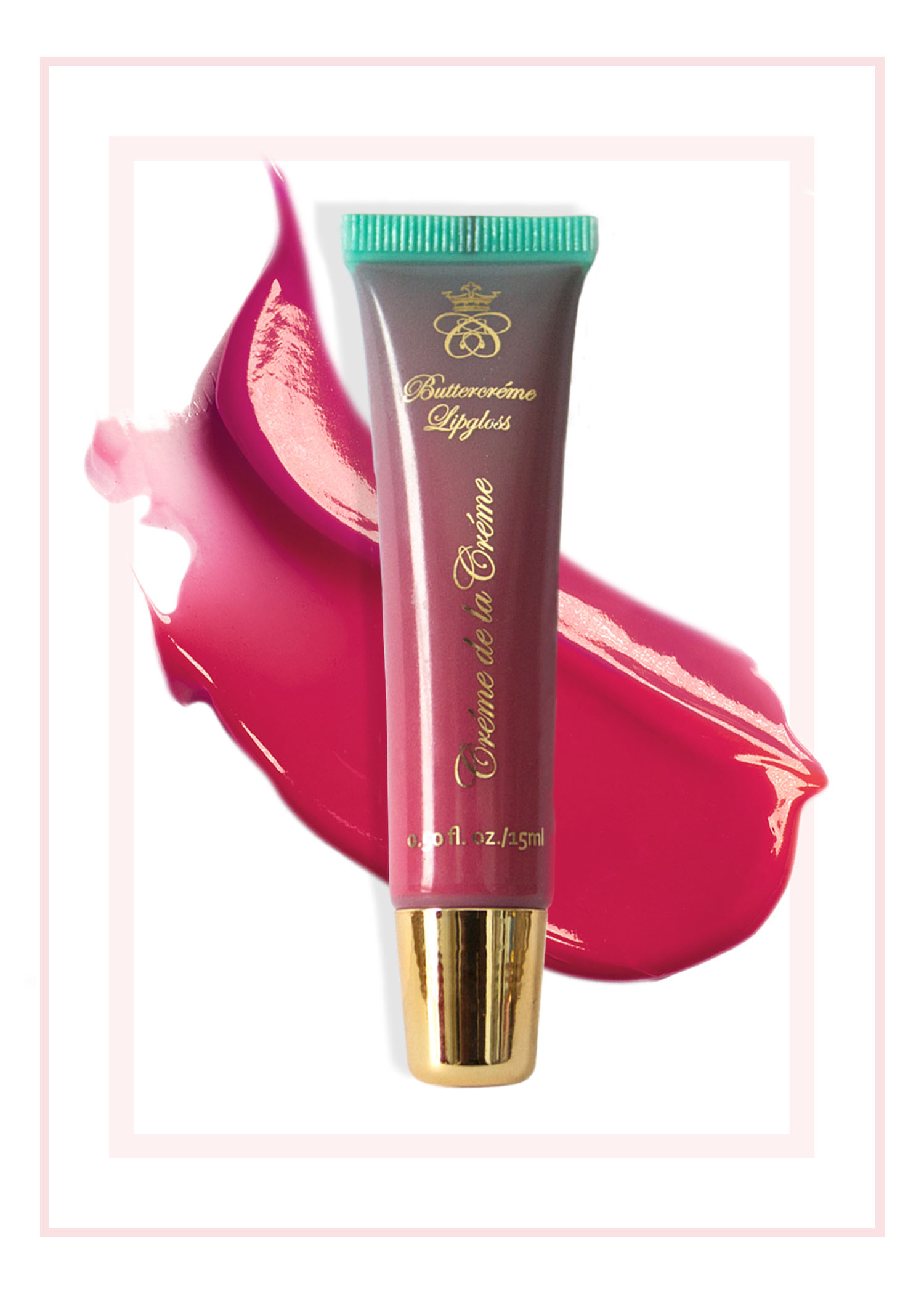Do You Know What Transepidermal Water Loss Is?
Causes Of Transepidermal Water Loss
Transepidermal water loss also referred to as TEWL. TEWL is the loss of water through the epidermis, particularly the stratum corneum, which is the outermost layer of the skin. TEWL is a natural process but can increase under certain conditions, compromising the skin barrier and leading to dryness, irritation, or skin disorders.
Common Culprits Of Transepidermal Water Loss
-
Environmental Factors
Low Humidity: Dry air, especially during winter or in air-conditioned/heated environments, can draw moisture from the skin. High Temperature: Heat and sun exposure can dehydrate the skin, increasing water loss. Wind: Windy conditions can disrupt the skin barrier, enhancing TEWL.
-
Skin Barrier Dysfunction
Damaged Stratum Corneum: Over exfoliation, harsh cleansing products, or improper skincare can compromise the skin’s protective barrier. Lipid Depletion: Lipids (e.g., ceramides, cholesterol, and fatty acids) in the stratum corneum help retain moisture. Their loss, often due to aging or chemical exposure, increases transepidermal water loss.
-
Medical Conditions
Eczema: Damaged skin barrier in eczema leads to significantly higher TEWL. Psoriasis: Disrupts the skin barrier, causing excessive water loss. Ichthyosis: This group of genetic disorders affects skin barrier function and increases TEWL.
-
Lifestyle Factors
Frequent Washing: Excessive washing or using hot water can strip the skin of its natural oils. Harsh Products: Soaps and skincare products containing alcohol or sulfates can disrupt the skin barrier. Improper Hydration: Dehydration from inadequate water intake can reduce the skin’s ability to retain moisture.
-
Prevention and Management
To mitigate increased TEWL use moisturizers rich in ceramides, hyaluronic acid, and occlusives like petrolatum or dimethicone. Avoid harsh skincare products and opt for gentle, hydrating formulations. Protect the skin from environmental stressors with sunscreen and barrier creams. Maintain proper hydration by drinking water and using a humidifier in dry environments

Plant Based Ingredients That Prevent Transepidermal Water Loss
Occlusive Agents
Occlusives form a protective barrier over the skin to reduce water loss.
- Shea Butter: High in fatty acids and vitamins, shea butter helps seal in moisture.
- Cocoa Butter: Rich in lipids, it forms a protective layer on the skin.
- Candelilla Wax: A vegan alternative to beeswax, it provides a water-resistant barrier.
- Carnauba Wax: A plant-derived wax that locks in moisture and smooths skin.
- Jojoba Oil: Mimics natural skin oils, forming a protective barrier without clogging pores.
Emollients
Emollients soften and smooth the skin, supporting barrier repair.
- Coconut Oil: Contains medium-chain fatty acids that deeply moisturize and prevent TEWL.
- Argan Oil: Rich in vitamin E and fatty acids, it hydrates and strengthens the skin barrier.
- Almond Oil: Nourishes and reduces dryness by maintaining the skin’s lipid balance.
- Avocado Oil: Packed with nutrients, it helps repair the skin barrier and retain moisture.
- Olive Oil: Contains squalene, a natural emollient that prevents water loss.
Humectants
Humectants attract water into the skin and are often paired with occlusives.
- The Buttermilk Body Tonic is rich in skin loving humectants.
- Glycerin (Vegetable): A powerful humectant derived from plant oils.
- Hyaluronic Acid (Plant-Derived): Binds water to the skin for intense hydration to reduce transpidermal water loss. Create a custom-blended Buttermilk Body Tonic with our bespoke services. Hydrate your skin and smell deliciously divine!
- Beta-Glucan (from Oats): A natural polysaccharide that hydrates and soothes the skin.
- Tremella Mushroom Extract: A plant-based alternative to hyaluronic acid with excellent water-retention properties.
Barrier-Repair Lipids
- Ceramides (Plant-Derived): Rebuild the skin barrier and reduce TEWL.
- Squalane (from Sugarcane or Olives): A stable, lightweight oil that mimics natural skin lipids.
- Phytosterols (from Soy or Avocado): Support skin barrier function and reduce inflammation.
- Antioxidant-Rich Oils
Antioxidants support overall skin health, preventing damage to the barrier.
- Rosehip Oil: High in vitamins A and C, it supports barrier repair and hydration.
- Grapeseed Oil: Lightweight and rich in antioxidants, it locks in moisture.
- Sea Buckthorn Oil: Packed with omega fatty acids to strengthen the skin barrier.
Incorporating these plant-based ingredients into skincare routines can help minimize TEWL, improve hydration, and support a healthy skin barrier.

Maintaining Skin Health To Prevent TEWL
Preventing transepidermal water loss involves maintaining a healthy skin barrier and adopting practices that support hydration while protecting the skin from external stressors. Here’s a comprehensive guide
Use Products With Occlusive Ingredients
Occlusive agents create a protective barrier on the skin’s surface, preventing water from evaporating.
- Apply plant-based butters or oils (e.g., shea butter, jojoba oil, or squalene) after moisturizing.
- Use products with petrolatum, beeswax, or plant-based waxes for enhanced protection, especially in dry environments.
Strengthen the Skin Barrier
Support your skin barrier which relies on healthy lipids to retain water.
- Use moisturizers with ceramides, cholesterol, and fatty acids.
- Look for products containing phytosterols or plant-based ceramides for a natural approach.
- Avoid over-exfoliating, as it can strip essential lipids.
- Protect against environmental stressors
Environmental factors like low humidity, wind, and sun exposure can increase TEWL:
- Use sunscreen daily to protect the skin from UV damage that weakens the barrier.
- Wear protective clothing in harsh weather.
- Use a humidifier in dry climates or during winter to maintain indoor air moisture.
Stay Hydrated
Internal hydration supports the skin’s ability to retain water:
- Drink plenty of water throughout the day.
- Include foods rich in omega fatty acids (like flaxseeds, walnuts, or avocados) in your diet to support skin barrier health.
Avoid Over Washing
Frequent washing or using hot water can strip natural oils:
- Limit baths or showers to 5–10 minutes. Use lukewarm water instead of hot water.
- Swap out your body wash for a shower oil. Like Meringue Shower Oil Potion which is rich in plant based moisturizers to cleanses and condition the skin.
- Apply a lotion or cream immediately after bathing to lock in moisture.
- Further reduce transepidermal water loss, seal in that hydration by using our dry hair and body oil serum Éclat du Corps Potion.
Barrier-supportive products can directly reduce TEWL:
- Look for moisturizers labeled as “barrier repair” or “skin barrier strengthening.”
- Include niacinamide in your routine, which helps improve the skin barrier and retain moisture.
Be Gentle On Your Skin
- Avoid rubbing your skin with towels—pat it dry instead.
- Wear gloves when handling detergents or cleaning products to minimize exposure to irritants.
In Conclusion
By consistently following these practices and using skincare products that support hydration and barrier repair, you can effectively reduce and prevent transepidermal water loss. Stop TEWL in its tracks and create a custom Crème Fraîche Body Potion to moisturize your skin.
 Free shipping over $100 in Canada
Free shipping over $100 in Canada 



